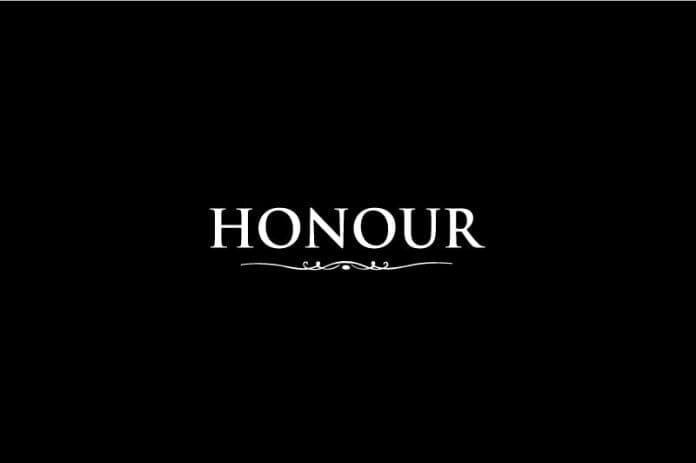Our elders often cautioned us that not every gift is a blessing, and not every crown brings honour. In Ghana today, that wisdom could not be more relevant. We have built a culture where the shine of a plaque or the weight of a medal seems more important than the credibility behind it.
Too many of us are willing to accept awards at face value, without stopping to ask where they come from, who is giving them, and what they truly mean. In the end, what should elevate us instead diminishes us.
The recent wave of bogus awards is telling. We live in a time where entire industries have sprung up around the business of recognition. With the right connections or even a simple payment, almost anyone can be presented as a “distinguished leader” or “outstanding achiever.” Institutions mushroom overnight, declaring themselves “international bodies” with the authority to crown Ghanaians as global icons. And people, hungry for fame, line up to receive these honours. They post them proudly on social media, pose in suits and gowns, and attach the awards to their names as if the title itself could rewrite reality.
But when the applause fades, what remains? The Dr. UN saga should have been a national lesson. Here was a man with no connection to the United Nations, handing out medals in the name of the UN, and yet respected figures in academia, politics, and entertainment flocked to him. They did not pause to verify his claims; they did not check the credibility of his institution. They simply wanted the glow of recognition. And when the fraud was exposed, the humiliation was greater than the honour ever could have been.
The problem is not only with the organisers of such dubious awards but also with the recipients who fail to apply wisdom. To accept an honour without verifying its worth is to risk making a fool of oneself. An award should dignify its recipient, but when it is false, it stains more than it shines. This is why we must learn to check the value of an honour before wearing it like a crown.
Checking the value means asking critical questions. Who is conferring this award? What authority or track record do they have? What criteria were used in selecting recipients? Is the recognition tied to measurable excellence, or is it simply for sale? It also means understanding that true honour does not need constant validation. A person or institution that is genuinely excellent will be known for their work long before they are handed a plaque.
As a nation, we must also reflect on why we are so easily swayed by empty recognition. Perhaps it is because we live in a society where excellence is rarely rewarded. Hardworking public servants often retire quietly, while corrupt officials throw lavish parties. Innovators struggle to find support, while entertainers of questionable substance win constant applause. In such an environment, any award — no matter how shallow — feels like oxygen. But this only traps us in a cycle of mediocrity.
If we truly want to build a Ghana where honour has weight, then we must cultivate the discipline to value substance over shine. We must learn to walk away from dubious awards, no matter how tempting the stage lights may be. In doing so, we will remind ourselves and our children that integrity matters more than applause, and that the worth of a crown lies not in its gold but in the truth behind it.
The author is a United Nations Ambassador, Permanent Representative of WOLMI, Deputy Chief Governor, ICC (International Consultative Cabinet) to ECOSOC U.N., New York headquarters, Northeastern Affairs
Source: newsghana.com.gh











